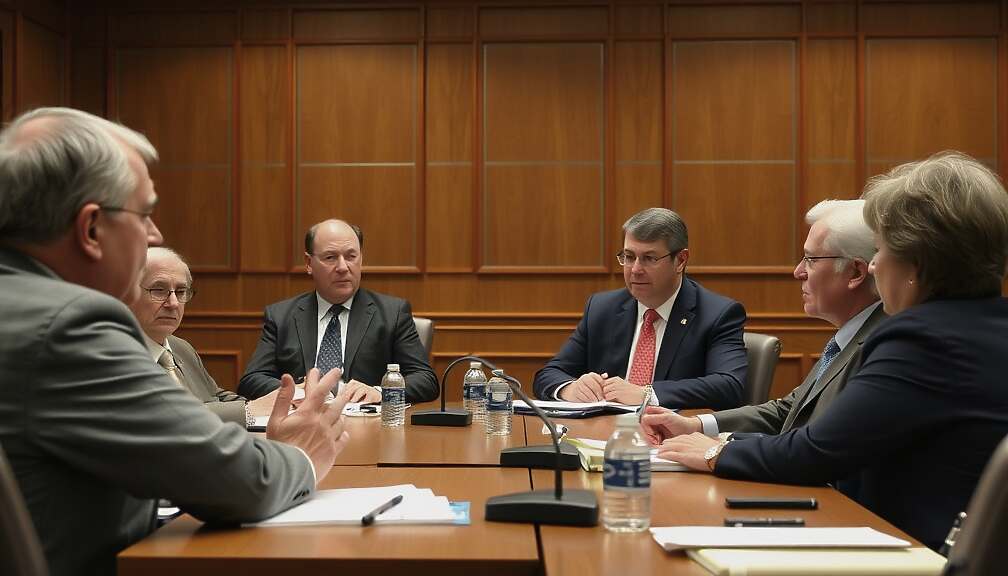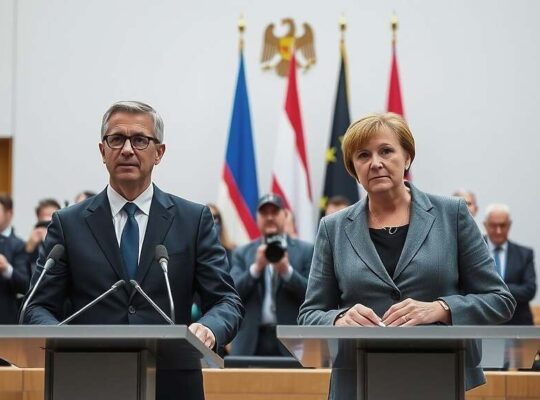Local municipalities in Germany are calling for a comprehensive reform of the social welfare system, alongside adjustments to the citizen’s income program. The escalating costs associated with social welfare have become a significant concern, prompting calls for a restructuring of processes.
André Berghegger, Managing Director of the German Association of Cities and Municipalities, highlighted to the “Neue Osnabrücker Zeitung” (NOZ) that social welfare expenditures have doubled over the past 15 years. A key factor contributing to this increase is the individual assessment of each person requiring assistance.
Berghegger questioned the long-term sustainability of this individualized approach, suggesting a shift toward a system incorporating more standardized, tiered support levels, similar to the framework used in long-term care insurance. He argued that a move towards greater reliance on pre-defined packages would significantly streamline decision-making processes, leading to substantial personnel savings for local authorities and offering vital financial relief. Without addressing the cost drivers, Berghegger cautioned that special funds would prove insufficient to mitigate the growing burden. Municipalities, he warned, are facing serious financial constraints that are impacting their ability to provide comprehensive services.
The Association of German District Administrators (DLT) echoes this sentiment. President Achim Brötel told the “NOZ” that the relentless pursuit of hyper-individualized assessments, sometimes extending to an almost obsessive level of detail, is a uniquely German characteristic, which lacks a direct equivalent in languages like English, French, Italian, or Spanish. He believes there is considerable scope for simplification within the system without compromising essential support.
Municipalities are now placing their hopes in the “Future Pact” – a collaborative initiative involving the federal government, state governments and local authorities. This pact, they believe, must deliver decisive action to contain the constantly rising expenditures. The call aligns with a commitment within the current coalition agreement which acknowledges the undue complexity of social welfare administration. The agreement pledged a consolidation and simplification of legal foundations, procedures and responsibilities within the social welfare system.












